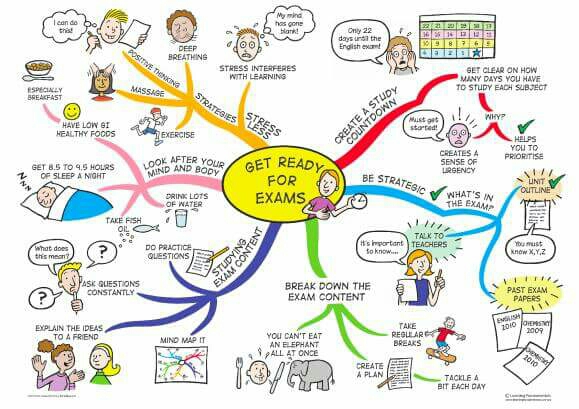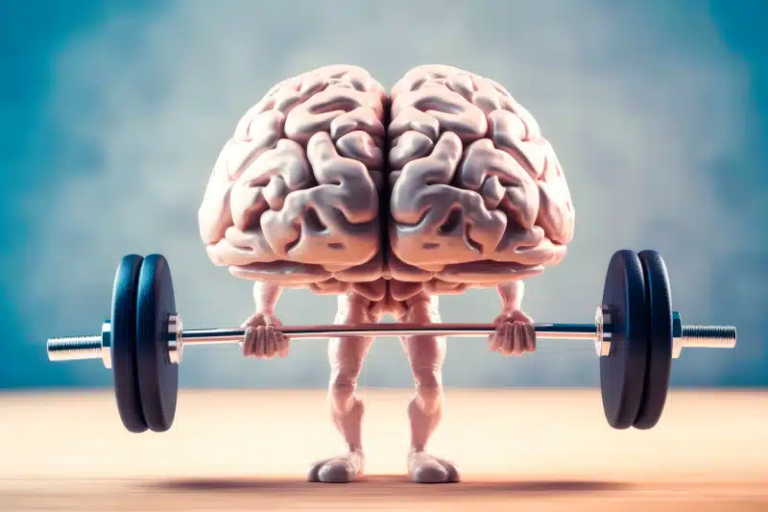Tips for Preparing for Exams: A Step-by-Step Approach
Preparing for exams can be a daunting task, but with a structured approach, you can enhance your study effectiveness and boost your confidence. This article provides a comprehensive, step-by-step guide to help you prepare for your exams efficiently and effectively.
Understanding the Exam Format
Step 1: Familiarize Yourself with the Exam Structure
Understanding the format of your exam is crucial for effective preparation. Consider the following:
- Types of Questions: Will there be multiple-choice questions, essays, or problem-solving? Knowing this helps you tailor your study strategies.
- Exam Duration: How long will you have to complete the exam? This influences how you practice and manage your time during the test.
- Weight of Each Section: Identify which sections or topics carry more weight, allowing you to prioritize your study efforts.
Creating a Study Plan
Step 2: Develop a Structured Study Schedule
A study plan helps organize your preparation and keeps you on track. Here’s how to create one:
- Assess Your Current Knowledge: Evaluate which subjects or topics need more focus.
- Allocate Time Wisely: Break down your study sessions into manageable time blocks, ensuring to include all subjects.
- Set Specific Goals: Define what you want to achieve in each study session (e.g., “Complete Chapter 5 review”).
- Be Flexible: Allow room for adjustments in case some topics require more attention than anticipated.
Gathering Study Materials
Step 3: Collect Relevant Resources
Ensure you have all the necessary materials at hand:
- Textbooks and Class Notes: Use these as your primary sources of information.
- Online Resources: Utilize educational websites, videos, and online quizzes that align with your exam topics.
- Past Papers: Reviewing previous exams can give you insight into question formats and commonly tested areas.
Active Study Techniques
Step 4: Engage with the Material
Active engagement helps deepen understanding and retention. Consider these techniques:
- Summarization: After studying a topic, summarize the main points in your own words.
- Mind Mapping: Create visual representations of information to connect concepts and enhance memory.
- Flashcards: Use flashcards for key terms and definitions, making it easier to test your recall.
- Teach Someone Else: Explaining concepts to a peer can reinforce your understanding and highlight areas needing more attention.
Practice and Review
Step 5: Implement Regular Practice
Consistent practice is essential for effective exam preparation:
- Practice Tests: Take timed practice exams to simulate real exam conditions. This will help you manage your time and reduce anxiety.
- Review Mistakes: Analyze errors made in practice tests to understand misconceptions and improve your knowledge.
Healthy Study Habits
Step 6: Maintain Physical and Mental Well-being
Your physical and mental health significantly impacts your ability to study effectively. Consider these tips:
- Regular Breaks: Use techniques like the Pomodoro method (25 minutes of study followed by a 5-minute break) to maintain focus without burnout.
- Stay Hydrated and Eat Well: Nourishing your body with healthy food and plenty of water supports cognitive function.
- Sleep: Ensure you get adequate sleep, especially in the days leading up to your exam. Sleep is critical for memory consolidation.
Test-Taking Strategies
Step 7: Approach the Exam with Confidence
As you prepare for the exam day, keep these strategies in mind:
- Arrive Early: Give yourself plenty of time to settle in and avoid last-minute stress.
- Read Instructions Carefully: Take a moment to read through the exam instructions to avoid mistakes.
- Manage Your Time: Allocate time for each section based on its weight and complexity, and keep an eye on the clock.
- Stay Calm: Use deep-breathing exercises or visualization techniques to manage anxiety before and during the exam.
Conclusion
Preparing for exams doesn’t have to be overwhelming. By following this step-by-step approach—understanding the exam format, creating a structured study plan, gathering materials, engaging actively with the content, practicing regularly, maintaining healthy habits, and employing effective test-taking strategies—you can enhance your preparation and boost your confidence. Remember, consistency and a positive mindset are key to successful exam preparation. Good luck!






